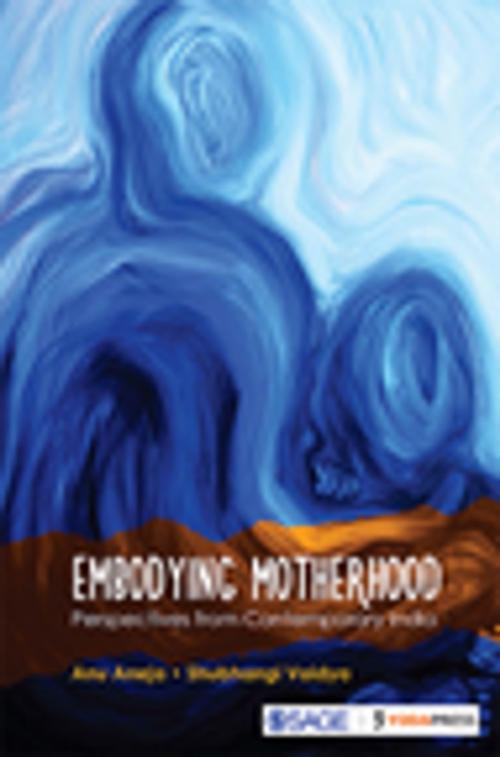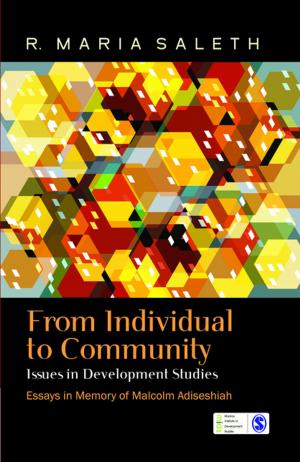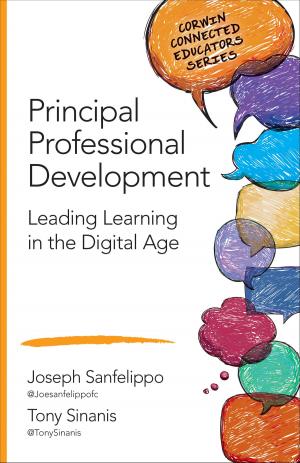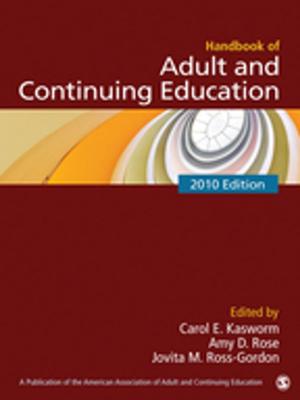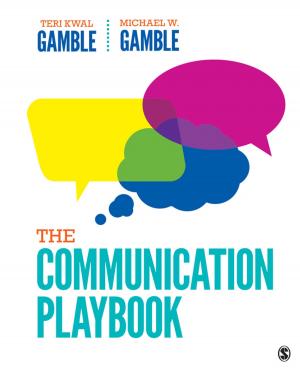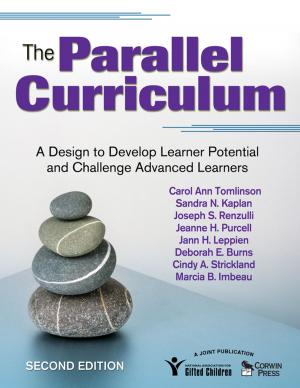Embodying Motherhood
Perspectives from Contemporary India
Nonfiction, Social & Cultural Studies, Social Science, Gender Studies, Women&| Author: | Anu Aneja, Shubhangi Vaidya | ISBN: | 9789351509622 |
| Publisher: | SAGE Publications | Publication: | July 18, 2016 |
| Imprint: | Sage Publications Pvt. Ltd | Language: | English |
| Author: | Anu Aneja, Shubhangi Vaidya |
| ISBN: | 9789351509622 |
| Publisher: | SAGE Publications |
| Publication: | July 18, 2016 |
| Imprint: | Sage Publications Pvt. Ltd |
| Language: | English |
Embodying Motherhood examines motherhood discourse in urban India, in the context of prevailing motherhood ideologies from a feminist perspective. The authors’ particular location as mothers and feminist scholars within an urban Indian setting and their diverse disciplinary backgrounds in social sciences and literary and cultural studies informs the interdisciplinary and intersectional framework of the book.
The book engages with patriarchal motherhood ideologies and brings to the fore narratives of oppression and resistance. Covering a diverse landscape ranging from ancient myth and religion, psychoanalysis, care work, literature and cinema, the book explores the socio-economic and cultural frameworks within which women are constructed as ‘able’ or ‘disabled’ mothers. The notion of ‘deficit’ runs like a thread through the chapters, bringing to the fore the search for alternative and affirmative maternal subjectivities. The book contributes to an ongoing contemplation of the experience of contemporary motherhoods and seeks to engage with and transform motherhood discourse in India. It will be valuable reading for students and scholars of gender studies, psychoanalysis, literary and culture studies, and sociology, as well as all individuals who seek to find alternative ways of being mothers.
Embodying Motherhood examines motherhood discourse in urban India, in the context of prevailing motherhood ideologies from a feminist perspective. The authors’ particular location as mothers and feminist scholars within an urban Indian setting and their diverse disciplinary backgrounds in social sciences and literary and cultural studies informs the interdisciplinary and intersectional framework of the book.
The book engages with patriarchal motherhood ideologies and brings to the fore narratives of oppression and resistance. Covering a diverse landscape ranging from ancient myth and religion, psychoanalysis, care work, literature and cinema, the book explores the socio-economic and cultural frameworks within which women are constructed as ‘able’ or ‘disabled’ mothers. The notion of ‘deficit’ runs like a thread through the chapters, bringing to the fore the search for alternative and affirmative maternal subjectivities. The book contributes to an ongoing contemplation of the experience of contemporary motherhoods and seeks to engage with and transform motherhood discourse in India. It will be valuable reading for students and scholars of gender studies, psychoanalysis, literary and culture studies, and sociology, as well as all individuals who seek to find alternative ways of being mothers.
